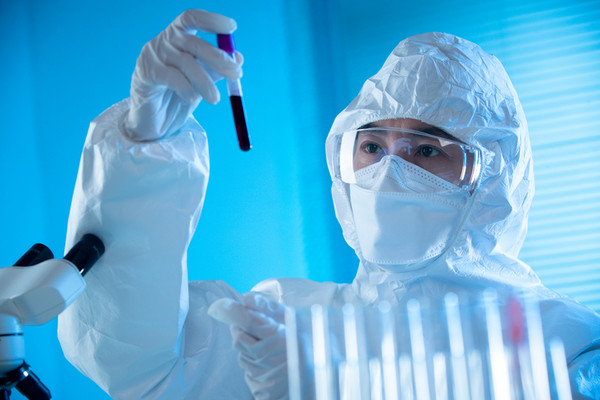Big Pharma is finding it hard to keep up with challenges from biosimilar makers, including Korean companies, rapidly penetrating the global market dominated by original drugs, industry watchers said Friday.

The rheumatoid arthritis treatment market is a case in point, where originals’ sales have continued to drop in the face of biosimilars’ strong showing.
The third-quarter sale of Janssen's rheumatoid arthritis treatment Remicade (ingredient: infliximab) stood at $761 million, down 12.2 percent from the same period last year. This year's cumulative figure also remained at $2.42 billion, down 14.8 percent from $2.84 billion a year ago. In the U.S., the largest market for infliximab treatments globally, Remicade posted sales of $2.58 billion, down 18.5 percent.
Remicade's revenue drop was due to challenges from Korean biosimilars.
Celltrion and Samsung Bioepis are currently accelerating penetration in the U.S. Remicade market. Celltrion is working with Pfizer to sell Inflectra, and Samsung Bioepis sells Renflexis with Merck, known as MSD outside of the U.S. and Canada.
Inflectra's market share in the U.S. was 10.7 percent at the end of last year but soared to 22 percent in October. It was the first time a biosimilar had exceeded 20 percent share in the Remicade market. Samsung Bioepis’ Renflexis also took a market share of 7 percent. In Europe, Inflectra has surpassed the original product by taking 53 percent of the market share.
According to Pfizer, Inflectra recorded sales of $172 million in the first nine months, up 6 percent. Its cumulative sales also climbed 3 percent to $485 million during the cited period.
Pfizer's rheumatoid arthritis treatment Enbrel (ingredient: etanercept) is also losing its market share because of biosimilar products.
As the drug faced competition from biosimilars in the European market, sales fell 12 percent in the third quarter of this year to $283 million.
AbbVie has the same concerns over biosimilars as its flagship product Humira (Ingredient: adalimumab), a rheumatoid arthritis treatment, is facing strong challenges from biosimilars.
Humira has accounted for about half of the company's total sales with $19.83 billion last year. In the first three quarters of this year, it recorded $15.36, a 4.6 percent increase year on year.
The problem, however, is the U.S. market.
Humira’s patent expires in 2023 in the U.S. market, accounting for more than 80 percent of its global sales.
It remains to be seen whether Humira, the biggest blockbuster drug in the global market for years, will be able to repel the sales offensive by biosimilars after the patent’s expiry, according to market watchers.
Humira performances in Europe back up such concerns. Its European sales plummeted in 2019 due to the release of a biosimilar following the expiry of patents. Last year, Humira’s sales outside the U.S. dropped 12.5 percent to $3.72 billion. In the first nine months of 2012, its worldwide sales except America fell to $2.57 billion.
Humira's competitors include Samsung Bioepis' Imraldi, Amgen's Amjevita, Sandoz's Hyrimoz, and Mylan and Fujifilm Kyowa Kirin's Hulio.
Among them, Samsung Imraldi's growth is steep. According to its partner Biogen, Imraldi’s sales totaled $216.3 million last year, up 17.6 percent from 2019. The biosimilar also recorded $170.9 million in sales in the first nine months of 2021, up 5.1 percent.
AbbVie may even have to brace up for worse situations because Humira’s sakes are expected to fall further as the drug's patent is set to expire in the U.S. in 2023, according to the market sources.

